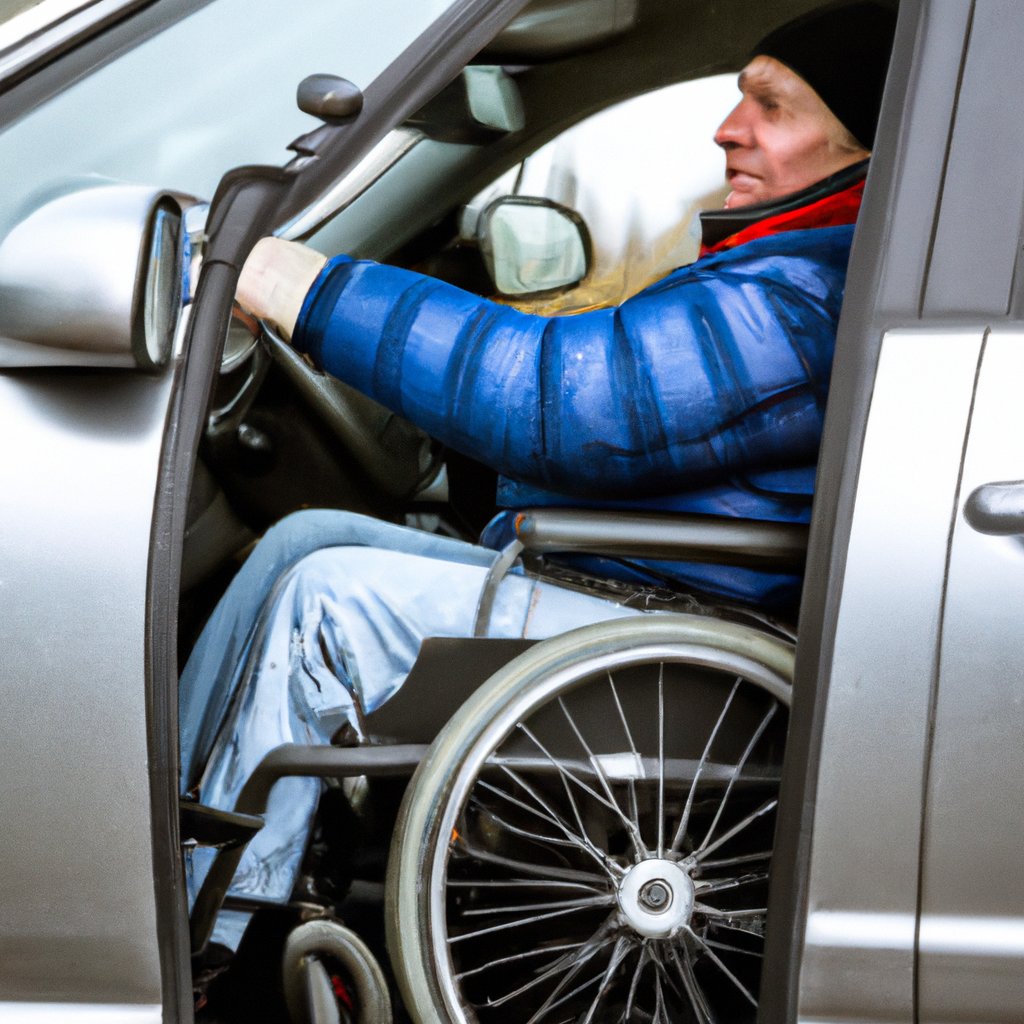
People with disabilities can't get too down on themselves. Maintaining an independent sense of self and taking specialised driving lessons should allow you to keep moving and go where you want to go- no excuses! There are many schools in Sydney that offer specialised lessons for NDIS participants.
The is article will cover everything you need to know to start learning to drive with a disability through the NDIS.
Getting your learner’s license.
You’ll need a learner’s permit before you hit the streets! If you want to be able to study and take your driving test, we recommend getting your NDIS Plan approved first so you can get someone to help with learning.
The age requirements and process for obtaining a learner’s license differ between states, so check with your local authority. You’ll be required to study and learn the road rules through an online course or by reading a printed handbook.
Medical fitness requirements.
All drivers need to pass specific medical fitness requirements to be legally allowed to drive, which includes:
- Sensory inputs such as vision and hearing.
- Cognitive functions such as attention, decision making and reaction time
- Motion, including muscle power and coordination.
Some driving conditions might require an Occupational Therapy Driving Assessment. For example, if you wear glasses, or drive a modified vehicle.
If you have a difficult time getting on the road with your current support or vehicle modifications, the assessment will analyze what type of equipment would be best for you.
Occupational Therapy Driving Assessments.
Driving is a daily activity that allows people to do work and/or social things at their own pace. It's often a metaphor for independence and personal identity. Driving is a complex task that involves the integration of all sorts of skills in a rapidly changing environment. At the same time, new innovations or advances in technology could have an adverse effect on the safety of both driver and passenger and end up making driving more overwhelming to someone who relies primarily on their vision to gauge their surroundings.
A comprehensive occupational therapist (OT) driving assessment includes both off and on-road components, making it the gold standard for determining fitness to drive. Therapy plans are an integral part of our OT process. We make sure that we design a plan that'll produce progress and help you change in the way you want to. The plan will also clearly state objectives & detailed therapy outcomes and there should be a clear link between the two.
OT Driving Assessments are funded from your Improved Daily Living budget. Here is what you need to do to have that assessment:
- Learners Permit: Getting your learner's permit is mandatory before getting a driver's license.
- Obtain a medical report from your doctor: They will need to give you specific guidelines for driving, so make sure to ask about any relevant conditions and medications.
- Off-road assessment: A review of your medical history, background, decision-making ability and other skills related to driving. In order to pass your driving test, you will need to brush up on your knowledge of the road rules. If the assessor is satisfied with what they see, they will let you have your lessons.
- Driving lessons: The instructor will teach you how to drive safely. They have dual-control cars so they can take over if you make a mistake.
Will the NDIS fund driving lessons?
NDIS driving lessons/ Specialised driving lessons are listed under the
- Improved Daily Living
- CB Daily Activity
- Assessment, training or therapy to help increase your skills, independence and community participation. These services can be delivered in groups or individually.
In response to a driving assessment, specialist occupational therapists should offer guidance for lessons if necessary in order to meet the needs of the individual. This is not always the case - it's often up to the individual user to start out, but if funding is needed over time then it will have to be from specialist trainers.
Funding from the NDIS for driving lessons is designed to pay for a few extra lessons if they are related to the participant's disability. It won't cover the full cost of all lessons, but will help with additional ones instead
Getting your P-plates.
Once you've mastered the skills needed and done the hours, you can take your practical driving test for your provisional licence.
It varies according to the state in which you reside.
Self-assessment questions to ask before considering driving may include:
Questions before driving include:
- This service is designed for those who are open to receiving instruction and constructive criticism.
- Do you feel ready to accept the responsibility for driving and the safety of other road users?
- Would you be ready to take responsibility for driving if asked?
- Can you focus for a reasonable amount of time?
- Do you have the skills necessary to be a problem solver, multi-tasker and react quickly to changing circumstances?
- You need to invest time, money and energy into achieving the goal of driving.
To book NDIS driving lessons with Advance & Vision Driving school you can start here.